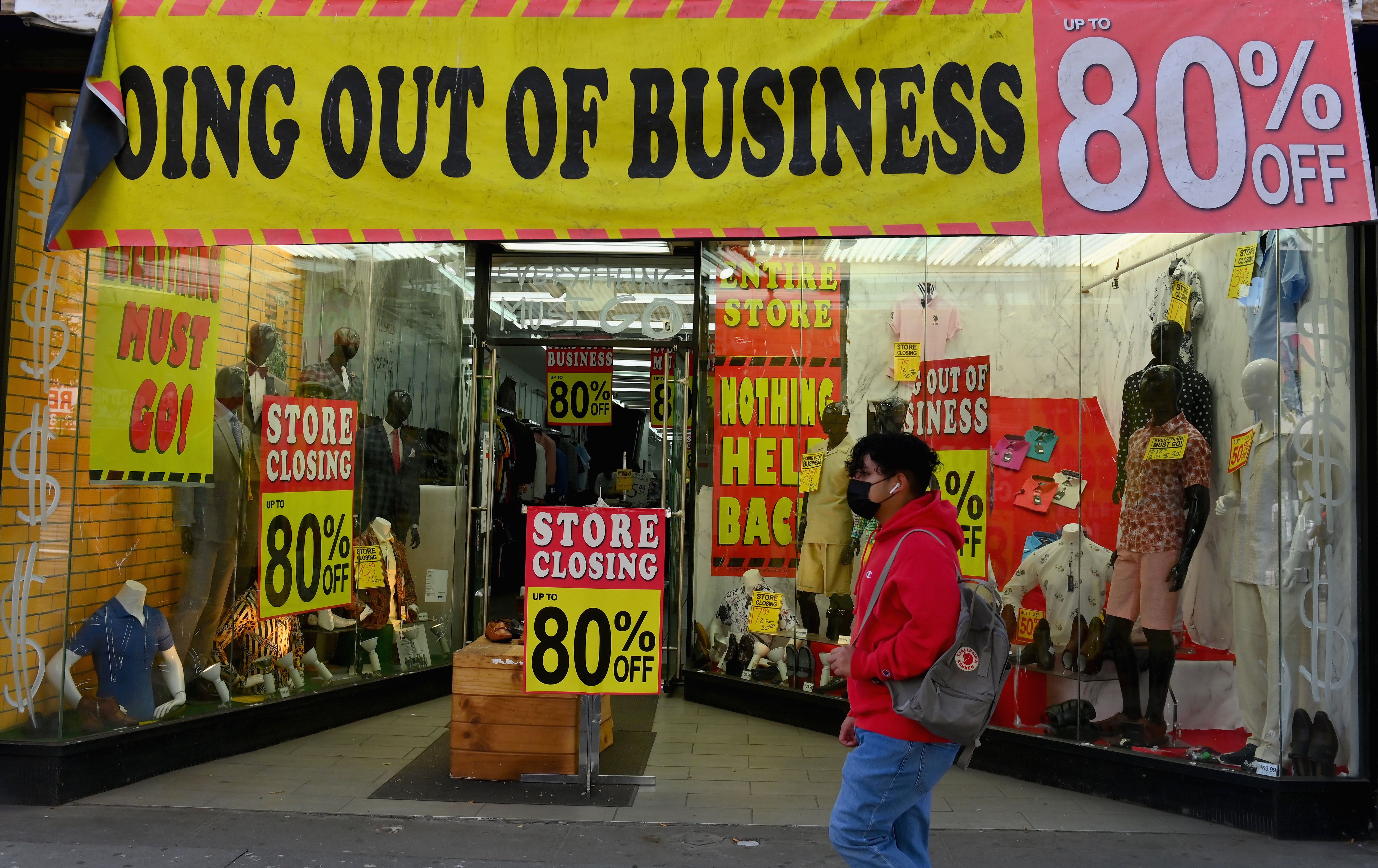
Jobless claims unexpectedly rose last week as states reimposed coronavirus restrictions as lawmakers struggle to push through new government aid, according to a Labor Department report Thursday.
The number of first-time unemployment-benefits filers totaled 885,000 in the week ending Dec. 12, the most since the week of Sept. 5. Economists polled by Dow Jones expected initial claims to fall to 808,000.
Initial claims for the previous week were revised higher by 9,000 to 862,000.
The total number of individuals receiving unemployment benefits rose by 1.6 million to 20.6 million through Nov. 28, the report said.
These numbers "really highlight the fragility of the labor market, particularly now as the second resurgence of the coronavirus [is] leading to further business closures and additional job losses, " Lindsey Piegza, chief economist at Stifel, told CNBC's "Squawk Box."
The recent uptick in weekly jobless claims comes as coronavirus cases surge across the country.
More than 247,000 new infections were confirmed in the U.S. along with more than 3,600 Covid-related deaths, according to data from Johns Hopkins University. Data from The Atlantic's COVID Tracking Project showed a record 113,000 people were hospitalized with the virus.
Congress, meanwhile, is scrambling to push through new legislation to aid individuals and businesses before year-end.
Congressional leaders on Wednesday closed in on a $900 billion package that would include direct payments to individuals. However, measure would exclude liability protections for businesses as well as aid to state and local governments.
Subscribe to CNBC PRO for exclusive insights and analysis, and live business day programming from around the world.
Business - Latest - Google News
December 17, 2020 at 08:31PM
https://ift.tt/2LLrCuo
Weekly jobless claims unexpectedly rise, hit highest level since early September - CNBC
Business - Latest - Google News
https://ift.tt/2Rx7A4Y
Bagikan Berita Ini















0 Response to "Weekly jobless claims unexpectedly rise, hit highest level since early September - CNBC"
Post a Comment